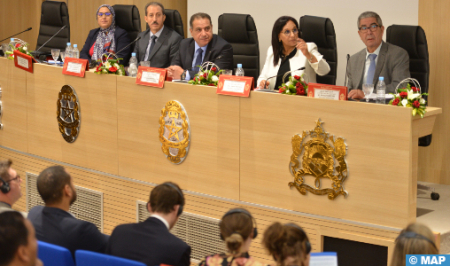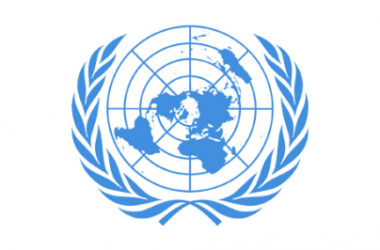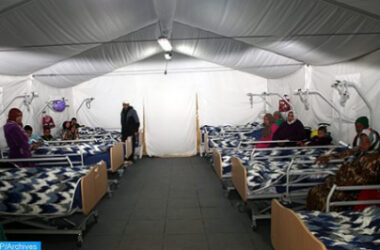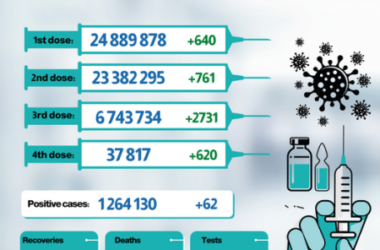Her statements came during an international seminar on “standards and practices of prevention against torture and other cruel, inhuman or degrading punishment or treatment during arrest, hearing and custody,” organized by the National Human Rights Council (CNDH) and the Directorate General of National Security (DGSN).
On this occasion, Jabbour indicated that “in order to address the shortcomings and gaps that allow torture to be used, there is a need to know what [they] are, and what solutions to remedy them can be.”
In this regard, the UN expert explained that monitoring “aims at assessing contexts and conditions in which torture and ill-treatment have happened or are likely to occur; to serve as a basis for informed coherent action to tackle the identified issues.”
This context and conditions must be assessed at several levels, she continued, noting that monitoring must first analyze the legal framework, including compliance with international standards or the existence, or not, of laws and regulations related to the criminalization and prevention of torture and ill-treatment.
Furthermore, Jabbour noted, in a session focused on mechanisms to prevent torture, that monitoring must focus on the reality of implementing legal provisions and protection measures, including practices at all levels.
These include law enforcement and criminal justice practices, complaints procedures, prosecutions, sanctions and remedies related to alleged acts of torture or ill-treatment, or in places of deprivation of liberty.
The prevention of torture is “essential” in the overall framework of the fight against this practice, argued Jabbour, noting that it is something that states and authorities must pursue in their own interest.
She further stressed the imperative of prevention and related measures in improving and strengthening law enforcement and detention practices’ integrity, transparency and accountability, in order to build trust within society in the police and the justice system as a whole.
“This in turn reflects positively on the effectiveness of the investigation and ultimately on national security and safety,” the UN official concluded.
This seminar is part of the immediate implementation of the framework agreement of partnership and institutional cooperation on training and strengthening the respect for human rights in the exercise of the police function signed on September 14 between the CNDH and the DGSN.
This study day brings together national and international experts, representatives of the DGSN, the Royal Gendarmerie, the Supreme Council of the Judiciary, the Presidency of the Public Ministry, the Ministry of Justice, civil society organizations, universities, national human rights institutions and other relevant stakeholders.










